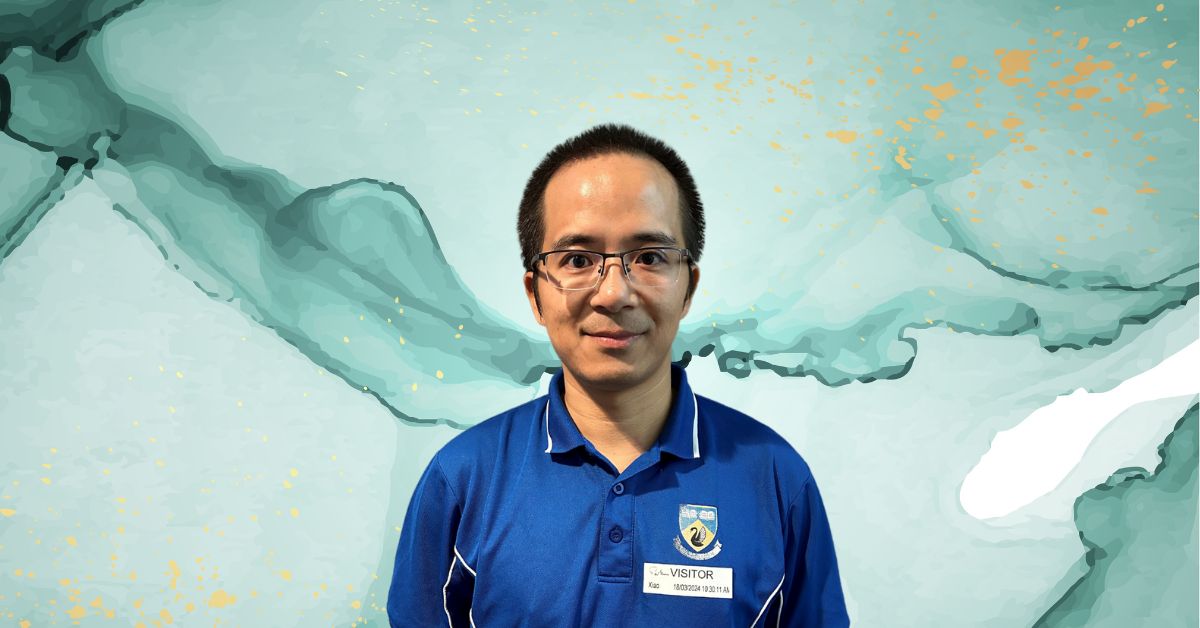The National Centre for Asbestos-Related Diseases (NCARD) is pleased to spotlight Dr Xiao Zhong, a bioinformatician whose expertise is advancing our understanding of cancer immunology through computational analysis.
Dr Zhong’s interest in bioinformatics began at the Beijing Genomics Institute (BGI), where he worked from 2010 to 2015. This early experience inspired him to pursue a PhD at the University of Western Australia (UWA) and deepen his work in genetic data analysis.
“Working at the forefront of cancer genomics and bioinformatics, I became fascinated by how data-driven approaches could unlock biological insights, particularly in understanding genetic variation and its functional impact.”
Dr Xiao Zhong, NCARD
After moving to Perth in 2016, he completed his PhD in bioinformatics and genomics at UWA. His research focused on developing software tools for studying plant genetics, including a program that helped characterise the genomes of more than 600 Australian native plant species. This work demonstrated his capacity to interpret large and complex biological datasets.
From 2020 to 2024, Xiao worked at Genomics WA, analysing data from technologies that examine individual cells and long DNA sequences. This further refined his skills in applying computational techniques to real-world biological challenges.
Since joining NCARD in 2024, Dr Zhong has focused on a promising frontier in cancer treatment: identifying specific genetic alterations that might activate immune responses against tumours.
“I joined NCARD to explore how the immune system responds to cancer mutations, using techniques like genomics, bioinformatics, and machine learning,” he explains.
For those unfamiliar with bioinformatics, Xiao describes it as “detective work for cancer research—using computers to analyse large amounts of genetic data to uncover patterns and mutations involved in cancer development.”
Ultimately, his goal is to support more personalised and effective treatment options.
“Cancer arises when cells acquire mutations that enable uncontrolled growth. Some of these changes can act as ‘red flags’ that the immune system may recognise as foreign,” Xiao says.
He highlights the success of large-scale projects like The Cancer Genome Atlas (TCGA), which used bioinformatics to map the molecular profiles of more than 30 cancer types and laid the foundation for many current discoveries.
Looking to the future, Xiao sees rapid progress ahead, “The field is evolving with multi-omics technologies, data science and AI. These advances are enabling more precise, predictive, and personalised cancer care.”
Collaboration is a cornerstone of his work at NCARD. “I work closely with immunologists, oncologists, and clinical researchers. Bioinformatics helps bridge experimental results and biological understanding, translating data into insights that inform cancer research and care.”
Dr Zhong also supports student training and capacity building, mentoring Master of Bioinformatics students at NCARD.
His addition to our team has enhanced its bioinformatics capabilities, strengthened research collaborations, and helped train the next generation of researchers.
“It’s been a fantastic year!” Xiao reflects.
“At NCARD, I’ve had the opportunity to work alongside leading experts in cancer immunotherapy and genomics, using large-scale data and innovative platforms. I’m proud to be part of a team tackling the challenges of cancer through collaboration and discovery.”


